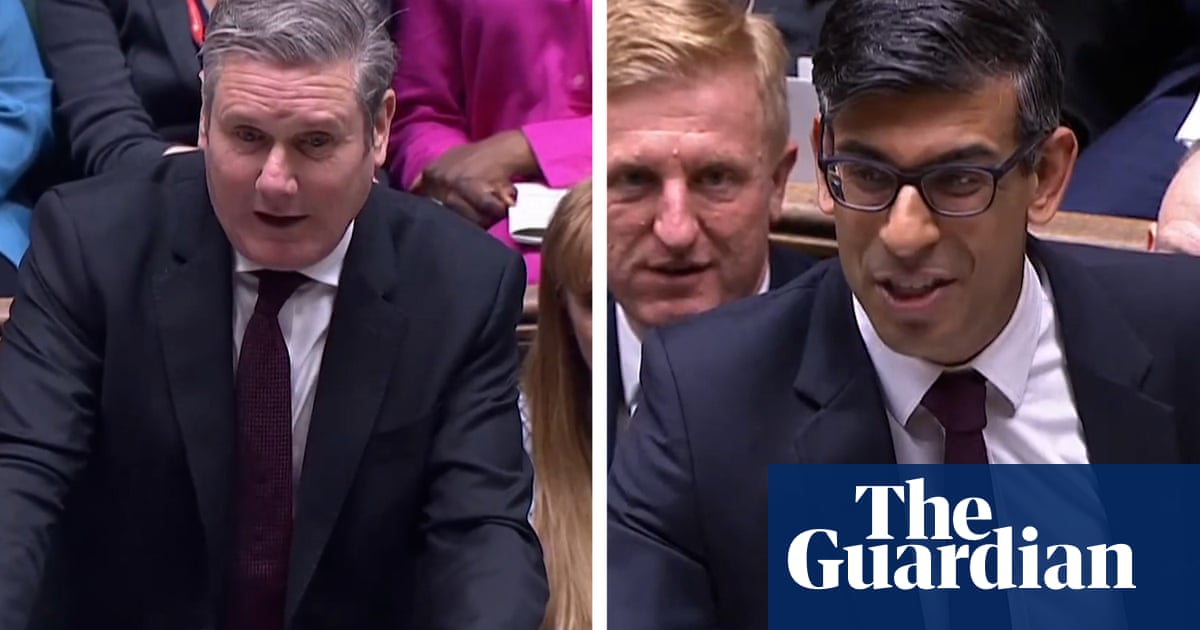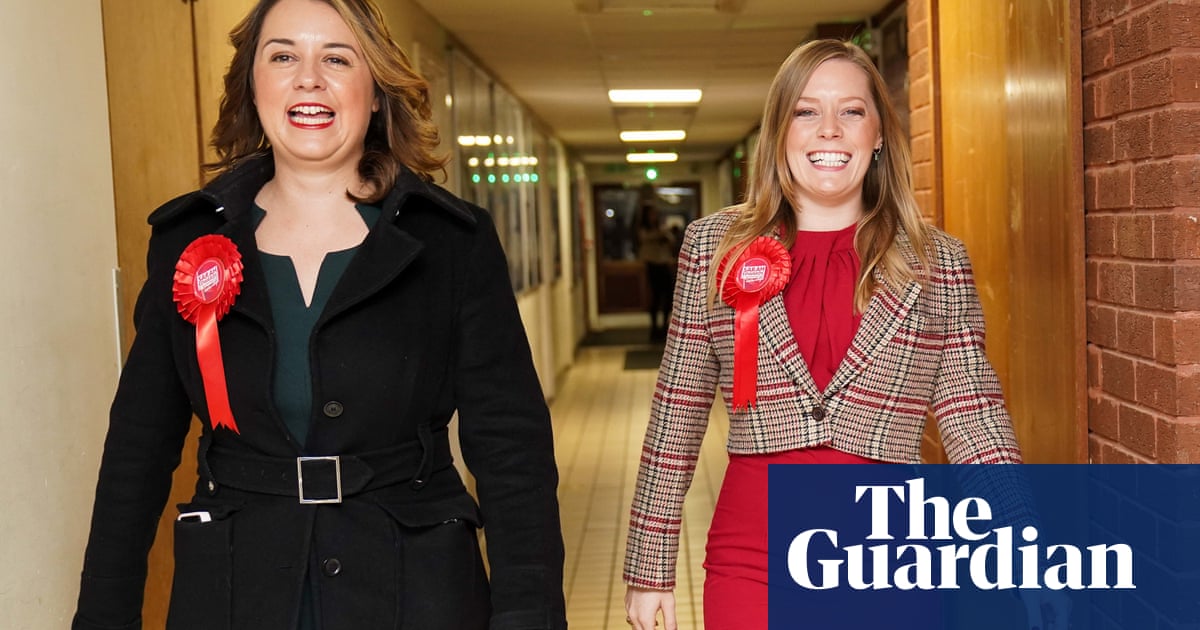
Fewer than half of recent Labour voters in Hartlepool say they will back the party in Thursday’s crucial byelection, according to internal data based on the canvassing of more than 10,000 people, leading activists to fear a historic Conservative victory.
Labour insiders said polling from its ground campaign in the town showed only about 40% of the party’s previous supporters had pledged to vote for its candidate, Paul Williams.
Such an outcome would deal a significant blow to Keir Starmer’s leadership and a decisive Conservative win in a north-east England seat that has elected a Labour MP at every parliamentary election since 1964.
Labour sources said they were in “huge trouble” in Hartlepool and also in danger of losing control of Sunderland and Durham councils for the first time in half a century. Voters across England, Scotland and Wales will go to the polls on what has been dubbed “Super Thursday”, in the biggest set of local and devolved parliament elections since 1973.
Hartlepool is the backdrop for the first byelection since Boris Johnson’s landslide victory in December 2019. It is seen as a key test of Labour’s appeal to its traditional heartlands, just over a year after Starmer became leader with a pledge to rebuild the “red wall”.
The mood among some Labour figures in Hartlepool was “pretty desperate”, sources said. Internal data from six weeks of campaigning shows that just over 40% of previous party supporters have said they will vote for the party again this week. The figure is what is known as a “promise rate” – who people say they will vote for – and is based on the canvassing of more than 10,000 people in the town, most of whom have recently voted Labour.
“If we were knocking on every single door and getting 40%, we could win it, depending on how it splits. But we’re only getting about 40% of people who we think are Labour, so it’s not great,” said one insider.
Labour is defending a narrow 3,595-vote majority in a town it has held since Harold Wilson was in Downing Street nearly 60 years ago. In 2019, its candidate Mike Hill crept to victory after the Brexit party took 25% of the vote and split the pro-leave electorate. Hill is standing down over sexual harassment allegations, which he denies.
A generational shift in political allegiances has seen neighbouring constituencies fall one by one to the Conservatives – six in the last general election alone – and post-industrial areas across England now form the bedrock of Johnson’s 80-seat majority in the Commons.
Williams, a local GP and former MP for neighbouring Stockton South, has sought to convince Hartlepudlians to give Labour another chance, arguing that the party is under new leadership both locally and nationally. He told the Guardian last month that its challenge was to convince people to trust Labour.
Labour’s ground campaign has been more visible than the Tories’ – Williams appears on billboards and posters throughout the town centre – but morale among some full-time activists has been subdued in part because many are being let go by the party after polling day.
It is understood that about 90 members of staff are due to leave the party after the elections. Most of those leaving are on two-year trainee contracts but they are the clipboard-carrying organisers that are crucial during election campaigns.
One Labour fixer said that about half of the Hartlepool ground team was due to leave following Thursday’s votes as a cost-saving measure. “It’s not great for morale,” she said. “We would’ve made money at party conference to pay for these elections but of course they were cancelled. We haven’t got the small donors that Corbyn brought and haven’t got the big donors that [Tony] Blair had. We’re trapped between the two worlds.”
Labour said it would not comment on staffing issues or canvassing data.
The Conservatives’ hopes of winning the seat were given a further boost on Tuesday when a new poll by Survation gave them a 17-point lead over Labour. However both parties played down the findings, pointing out that it was based on telephone interviews, with only 301 people likely to vote once undecideds were removed.
The prime minister was in Hartlepool for a third time at the weekend in an attempt to rally support for its candidate, the low-key North Yorkshire farmer Jill Mortimer, who is odds-on favourite to win at the bookmakers.












